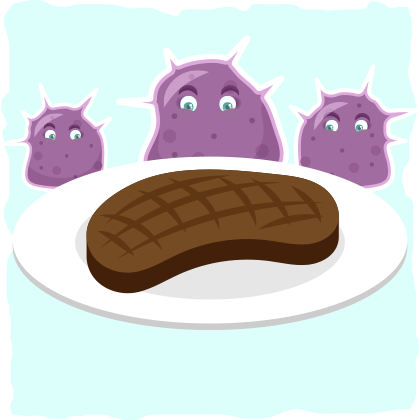Hi there,
As a breast cancer survivor, I have been doing the Keto diet now for about a year and a half and combine it with IF, only eating once every 24 hours 6-7 days a week and limiting food intake to a 1-2 hour window in the evening when ketone levels are large or extra large for most of the day. I generally limit my net carb intake to about 11 carbs and have not passed a piece of fruit or a speck of sugar, grain, or other type carb thru my lips in over a year.
I did get rid of my hypothyroidism,shrunk a tumor on my pituitary gland, lowered dangerous prolactin levels, fended off any return of cancer, and feel Pretty amazing, I have not lost any weight. Fasting usually helps keep the weight creep off, but not consistently. My ketone levels drop dramatically if I even so much as eat an egg or drink bone broth (any calories).
Any advice? I feel best when I am 113-115 lbs, but my weight is up to 118. I would love to be able to keep it consistently closer to 115. Any tips? Advice? Am I doing something wrong?
I have never given up bc the health benefits are more important than my butt size, but I get bitter sometimes when I think of how hard I work to stick to the diet. I haven’t wanted or craved anything other than organic, grass-fed, wild caught protein and veggies. I wonder if it is because I am so small and losing 3 lbs is harder for someone my size?
Help! I get frustrated.


